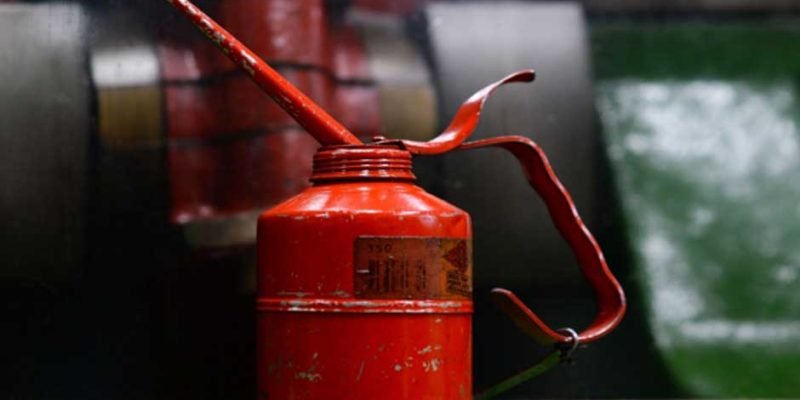No matter where we go, we don’t really like to be without power. In the construction business, this is especially true. Given all of the different types of machinery out there, including power tools, we need to have access to reliable electricity that isn’t going to need to be jump-started all the time.
Unfortunately, a lot of generators do that. They’re just really not as reliable as we wish they could be. It can make a person wonder what the alternatives are – after all, there’s just a ton of generators on the market, but picking the best one isn’t always easy.
As you’ve likely garnered based on the title, today we’ll be taking a look at diesel generators. They’re portable and convient, not to mention how accessible they are. If you’re intrigued so far, make sure to stick around – we’ll be covering them in detail!
A Mix of Electricity and Diesel to Create a Generator
In basic terms, these types of generators combine a diesel-fueled engine with an electrical generator. Essentially, they use the diesel to power up the generator, making them fairly self-sufficient. At most, the user has to refill the diesel sometimes.
One of the biggest draws of them is that you don’t have to be near a power grid to operate them. So, even if you’re out in the middle of nowhere (whether you’re building on a construction site or even just camping), these will still work quite reliably. Of course, like other generators, they can also be used as a backup in the case of an outage.
Size Counts
Ideally, generators will take up as little space as possible. This keeps our workspaces as efficient as they can be while still letting us have our safety net – or, depending on the site, our only form of electricity. Over the past several years, advances in technology have allowed us to make our generators much smaller than they used to be.
With that said, depending on how much power you’re going to need, it will likely end up being bigger. On construction sites they can end up being fairly large, so just keep that in mind while you’re shopping. You’ll need to make sure you have adequate space to fit whichever one you decide to get while ensuring that it’s still got enough power to give electricity to all of your equipment.
What Comes With a Set?
Something else that you’ll want to think about is the fact that most of the time when you purchase one, it’ll be a “set” or “kit” of sorts. Several things will come with the generator. Most likely, it will include the diesel engine itself, the generator, as well as whatever devices you would normally expect to be included.
Some examples of this include Prima Powers diesel generators, which will typically come with circuit breakers, a starting system, jacket water heaters, sound attentuation, and a control system, just to name a few of the parts. Thankfully, there should not be much assembly required on your end.
In fact, you can even pay a bit more to have the generator installed wherever you need it without having to worry about any of the set-up. This can certainly save a lot of time at the very least, so it’s something that you may want to consider!
How are they Used?
To a certain extent we’ve covered this, but let’s get into more detail now. Obviously, one of the main ways that they’re utilized is at construction zones. They’re an invaluable part of powering heavy machinery and tools such as jackhammers. Still, though, there are plenty of other applications as well.
Some models can go into what is known as “island” mode, allowing them to be connected with other generators to provide large bursts of energy when needed. We see this most often at power plants, which will turn on or turn off these islands depending on the need for power at a given moment.
Generators can also be used as a backup source of power should the entire electrical grid go out in an area. It’s a good idea to have extra fuel stored nearby to allow for quick action in the case of an emergency, otherwise it won’t fully be able to serve its function. Depending on which one you’ve got, though, there could be a faster or slower consumption of the diesel fuel.
Ratings
The final thing we’d like to mention here today is that most generator kits have a “rating,” which you may have already seen and questioned. Ratings in this context are established on an international basis, and they are there to tell customers about the general workload that a generator can take on and still function properly.
Some examples of the ratings are Prime, Baseload, or Standby. Although we won’t be fully delving into what each of these mean, it’s at least good to be aware of them. Their names are fairly self-explanatory, so that should be enough for now – you can always ask the manufacturer or retailer if you have more questions!
Whatever type of diesel generator you decide to purchase, just try to find one that offers high quality. Ideally it should be able to run on a variety of fuel types, whether it’s diesel fuel or even natural gas – since, after all, the fuel was actually named after the generators rather than the inverse.














Comments